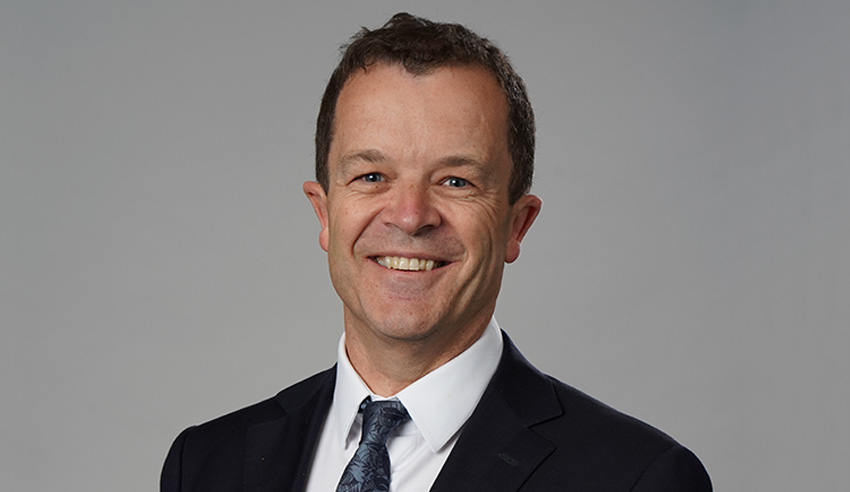Ensuring the reputations of all persons are protected, while allowing for free and responsible speech, is a balance that must be struck, writes Mark Speakman.

While Australia may lack a US First Amendment-style guarantee of free speech, in 1997 the High Court recognised in Lange v ABC that our constitution carries an implied freedom of political communication.
According to the Law Council of Australia, to date no mass media organisation has relied successfully on this defence in a trial in Australia. That’s even if the public arguably had a right to know the information published.
This isn’t to say that in all cases those defendants ought to have succeeded. But the absence of a successful news media defence on this ground is a clear signal that defamation law is inhibiting publication and discussion of matters of public interest, contrary to the objects of the Defamation Act 2005.
On Monday, 27 July 2020, I’ll be asking my counterpart attorneys-general across Australia to agree to introduce a clear defence for public interest journalism. This reform, as well as the others that the Council of Attorneys-General (CAG) will consider, will build a defamation regime fit for purpose and fit for our times.
The defence of qualified privilege will be joined by a new statutory defence of publication of a matter of public interest. This defence, based on UK law, will require a defendant to prove both that the statement was on a matter of public interest and the defendant reasonably believed that its publication was in the public interest.
This reform and the others I’ll propose on Monday’s meeting of the CAG are the result of thorough consultations with legal experts, media companies and others conducted by the NSW-led Defamation Working Party (DWP) over the past 18 months. The DWP worked to an ambitious timetable, successfully preparing Parliament-ready legislation for our states and territories.
The reforms will also help bring spiralling defamation payouts under control, unclog the courts from trivial cases, encourage plaintiffs to resolve cases without resorting to costly and stressful litigation, and start the limitation clock at the first publication of a matter, rather than the potentially indefinite last click on a story.
The work to reform Australia’s defamation law does not end here though. We’ve already started on stage two of the defamation reform process, to examine the responsibilities and liabilities of internet platforms for defamatory material published online. This will require more consultations of the same depth and breadth as took place for the reforms I’m identifying here.
When all is stripped away from a person, what remains is their reputation. That is something worth defending. So, too, is the ability of those who hold the powerful to account to do so without the chilling effects of having a defence that never works, and the prospect of damages payouts so large that they may cripple the media’s willingness to tackle matters of public interest.
That doesn’t and never should mean open slather for irresponsible muckraking. What it does mean is restoring balance to ensure reputations are protected while responsible speech is as free as it needs to be to shine light into the dark corners of our society.
Mark Speakman is the Attorney-General for NSW.
***
Voting is now open for The Lawyers Weekly Award, to be presented to one individual for making substantial, consequential achievements in advancing the Australian legal profession since 2000. Finalists for this prestigious award have been confirmed as those listed below. To vote for your preferred winner, click here. https://www.lawyersweekly.com.au/biglaw/28834-vote-now-for-the-foremost-lawyer-of-the-21st-century
Julian Burnside AO QC (barrister)
Bernard Collaery (barrister, former Attorney-General of the ACT)
Kate Eastman SC (barrister and co-founder, Australian Lawyers for Human Rights)
The Honourable Robert French AC (former chief justice, High Court of Australia)
Sue Kench (global chief executive, King & Wood Mallesons)
The Honourable Chief Justice Susan Kiefel AC (chief justice, High Court of Australia)
The Honourable Michael Kirby AC CMG (former justice, High Court of Australia)
Jane Needham SC (barrister and former president, NSW Bar Association)
Geoffrey Robertson AO QC (barrister)
Professor Gillian Triggs (assistant secretary-general, United Nations and former president, Australian Human Rights Commission)